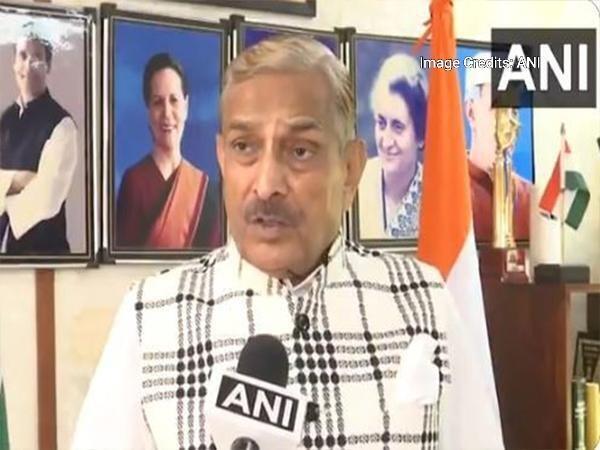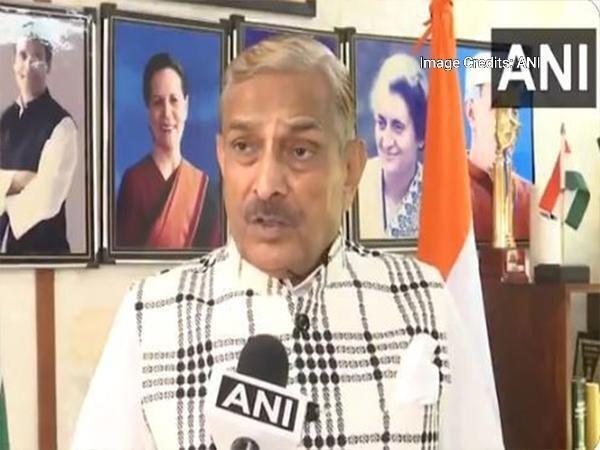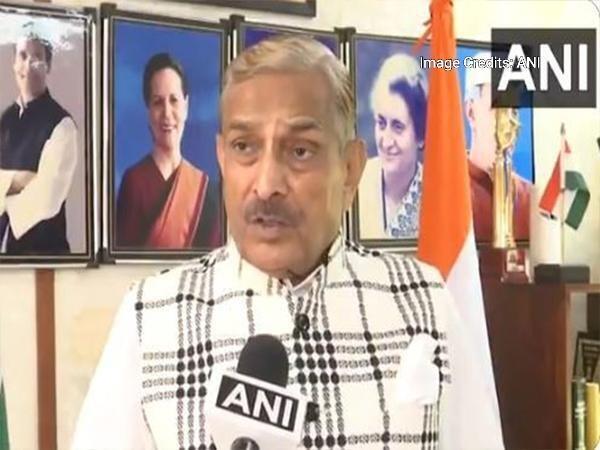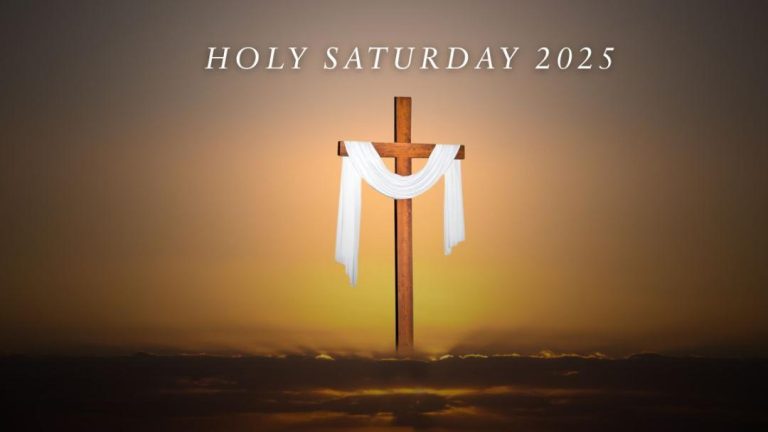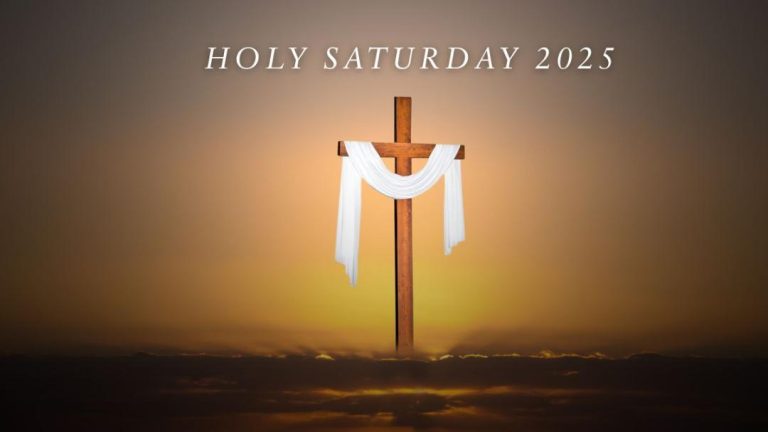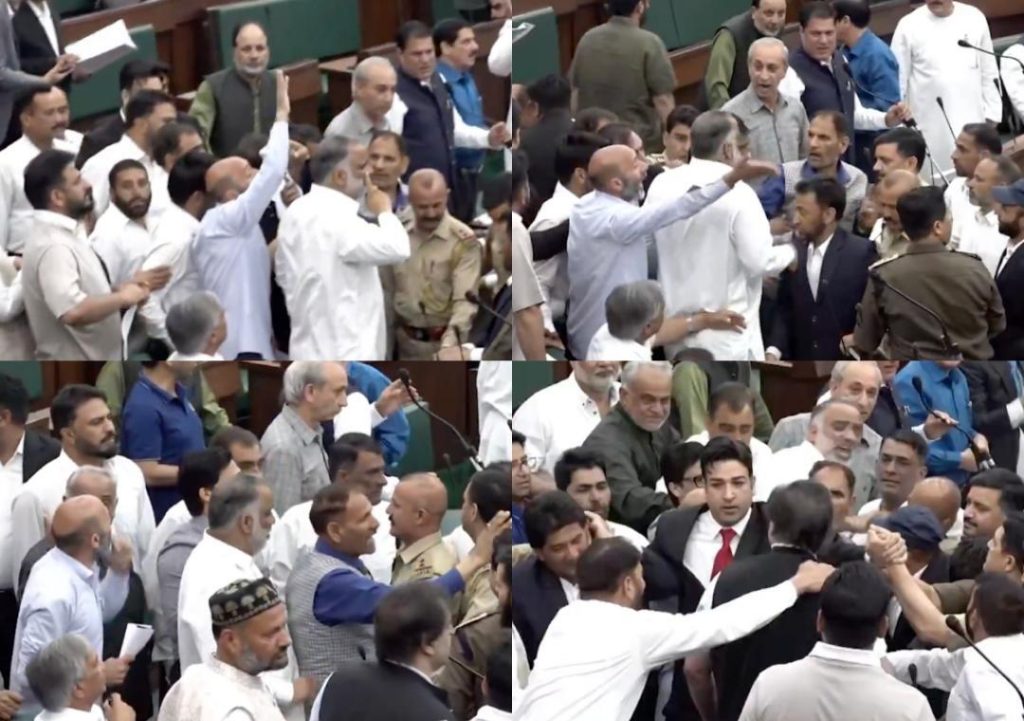
Ruckus inside J&K Assembly continues for second day over Waqf Act
The Jammu and Kashmir Assembly witnessed chaos for the second consecutive day as opposition parties continued to demand a discussion on the Waqf Act. The tense atmosphere in the Assembly led to the adjournment of the proceedings for 30 minutes. The ruckus began soon after the proceedings started on Tuesday, with National Conference (NC) MLAs moving a motion to adjourn the Question Hour to discuss the Waqf Act.
However, Speaker Abdul Rahim Rather denied the motion, stating that it was not in accordance with the rules of the Assembly. This led to loud protests from the opposition benches, with NC MLAs, including party president Farooq Abdullah, raising slogans and demanding a discussion on the contentious issue.
The Waqf Act, which was passed by the Centre in 1995, has been a bone of contention in the state for several years. The act allows the Centre to control Waqf properties, which are considered sacred by Muslims. The opposition parties in Jammu and Kashmir have been demanding that the act be repealed, citing its potential impact on the state’s autonomy and the rights of Muslims.
On Monday, the Assembly was also adjourned after the Speaker denied a similar motion moved by NC MLAs to discuss the Waqf Act. The opposition parties have been demanding a discussion on the issue, citing the Centre’s recent decision to amend the act to allow the Centre to have more control over Waqf properties.
The opposition parties have been accusing the Centre of trying to undermine the state’s autonomy and the rights of Muslims. They have been demanding that the Centre roll back its decision to amend the Waqf Act and allow the state to have more control over the management of Waqf properties.
The NC has been leading the charge against the Centre’s decision, with party president Farooq Abdullah stating that the Centre’s move was a “blatant attempt to encroach upon the state’s autonomy”. Abdullah has been demanding that the Centre repeal the Waqf Act and allow the state to have more control over the management of Waqf properties.
Other opposition parties, including the Peoples Democratic Party (PDP) and the Congress, have also been supporting the NC’s demand for a discussion on the Waqf Act. The PDP has been accusing the Centre of trying to “divide” the state’s Muslims and create a rift between them and the Hindu community.
The Congress has been demanding that the Centre roll back its decision to amend the Waqf Act and allow the state to have more control over the management of Waqf properties. The party has been accusing the Centre of trying to “allegedly” acquire Waqf properties in the state and use them for its own purposes.
The Centre has been defending its decision to amend the Waqf Act, stating that it was necessary to bring transparency and accountability to the management of Waqf properties. The Centre has been accusing the opposition parties of trying to “mislead” the people of Jammu and Kashmir on the issue.
The ruckus in the Assembly highlights the growing tensions between the Centre and the state’s opposition parties over the Waqf Act. The issue has the potential to create a rift between the Centre and the state’s Muslims, who are already feeling marginalized and excluded from the political process.
The opposition parties in Jammu and Kashmir have been demanding greater autonomy for the state, citing the Centre’s decisions on issues such as the Waqf Act and the National Register of Citizens (NRC). The Centre has been accused of trying to undermine the state’s autonomy and create a rift between the state’s different communities.
In conclusion, the ruckus inside the Jammu and Kashmir Assembly over the Waqf Act highlights the growing tensions between the Centre and the state’s opposition parties. The issue has the potential to create a rift between the Centre and the state’s Muslims, who are already feeling marginalized and excluded from the political process. The Centre must take a more conciliatory approach to the issue and engage with the opposition parties to find a solution that is acceptable to all.
